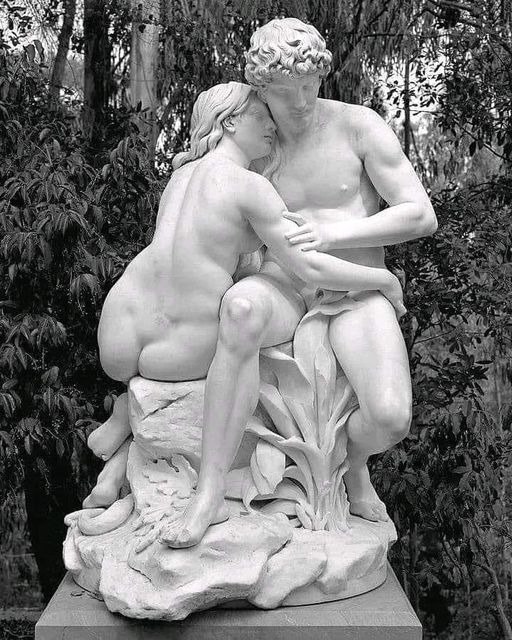Is there a parallel universe out there that is an exact copy of our own? This tantalizing idea has captured the imaginations of scientists, philosophers, and science fiction enthusiasts for years. While it may sound like the stuff of science fiction, the concept of parallel universes is rooted in theoretical physics and cosmology. In this blog post, we'll delve into the intriguing concept of parallel universes, explore the theories that support their existence, and ponder the implications of such a cosmic phenomenon.
Parallel Universes in Theory
The notion of parallel universes, also known as the multiverse theory, posits the existence of multiple universes beyond our observable universe. These universes could exist alongside ours, separated by a cosmic divide that prevents direct interaction. One of the most well-known and discussed versions of the multiverse theory is the "Many-Worlds Interpretation" of quantum mechanics.

According to the Many-Worlds Interpretation, every quantum event with multiple possible outcomes results in the creation of parallel universes. For example, if you flip a coin, in one universe, it lands heads up, and in another, it lands tails up. This theory suggests that all possible outcomes of quantum events actually occur, each in its own separate universe. Over time, an inconceivable number of universes would branch out from each quantum event.
Cosmic Coincidences
The concept of a parallel universe identical to our own raises questions about cosmic coincidences. If there are infinite universes with infinite possibilities, it becomes statistically likely that somewhere out there, there's a universe nearly identical to ours. This idea is often used to explain the remarkable fine-tuning of our universe's physical constants, which seem tailor-made to allow for the existence of life. Some argue that in a multiverse, these constants would vary from universe to universe, and we just happen to find ourselves in one where they are conducive to life.

The Multiverse and String Theory
String theory, a theoretical framework in which fundamental particles are replaced by tiny vibrating strings, also suggests the existence of parallel universes. In string theory, there are several possible compactifications of extra dimensions, leading to different "vacua" or ground states. Each vacuum could correspond to a different universe with its own set of physical laws. This idea introduces the concept of a "landscape" of possible universes, each with its unique properties.

The Search for Evidence
While the concept of parallel universes is intriguing, it's important to note that there is currently no direct experimental evidence for their existence. Theoretical physics and cosmology provide a framework for these ideas, but confirming their reality remains a formidable challenge. Some researchers are exploring ways to detect potential evidence of parallel universes, such as studying the cosmic microwave background radiation or the behavior of particles in high-energy experiments, but these efforts are still in their early stages.

Philosophical and Ethical Implications
The existence of parallel universes raises profound philosophical and ethical questions. If there are countless other versions of ourselves living in parallel universes, what does that mean for concepts of identity, choice, and responsibility? Could our actions in one universe have consequences in others? These questions challenge our understanding of reality and the nature of existence itself.

In the realm of theoretical physics and cosmology, the idea of a parallel universe identical to our own is a captivating concept. While it may seem like the stuff of science fiction, it is grounded in legitimate scientific theories such as the Many-Worlds Interpretation and string theory. However, it's crucial to emphasize that these ideas remain speculative and lack empirical confirmation.






